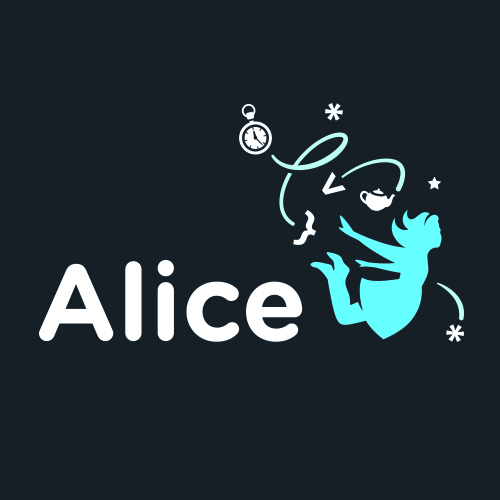I recently shared at quote on Facebook:
Unless our students know that we care, they will not learn from us.
I made the comment that I wondeedr if an AI teacher will get students to think it cares about them. I really believe that a connection between student and educator is important for a good educational experience. Several people on Facebook indicated that they think that an AI tutor will be able to convince students that they (the AI tutor) cares. Is a major concern I have about AI tutors misplaced?
Thinking about this, I recalled variations of the saying:
The secret of success is sincerity. Once you can fake that you’ve got it made.
Can Artificial Intelligence tutors fake caring about students? I wonder.
Initially, I thought, no, not going to happen. Now I am not so sure. I have been thinking of my own interactions with Alexa from Amazon via their smart devices. Attempts to be personal with the AI, for example, saying “thank you.” elicit what feel a lot like personal responses. Alexa wishing me a “good night” or a suggestion to “keep warm out there.”
I recently had a conversation of sorts with Copilot about books I am interested in reading. The conversation felt a lot like taking to a real person.
Also, a friend of mine (Richard Seltzer) recently shared a book he was working on titled “How to Partner with AI: A New Kind of Relationship” (A pre-publication pdf of the entire book is available here for free.) The book reads a lot like a conversation between two real people rather than a person and a computer program. In fact it feels a lot like a conversation among friends.
So maybe AI tutors will get students thinking they care. Whether the program is faking that it cares or really cares is more of a philosophical question than a practical one. It’s a question well worth talking about of course. Just as asking if computers really think or if they can be truly creative. Practically speaking though does it mean that AI tutors can replace human teachers? I think it is more complicated than that.
There is also the matter of what to teach. I read someone recently saying that human teachers teach what they want but that students are not interested in learning and that AI tutors will teach things that students are actually interested in learning. That may be true but is that what we really want? Would that meet the needs of a real education?
What I see often is autodidacts attempting to promote learning that works for them as being the way that everyone should learn. That is decidedly not the case. Many, perhaps most, students need some external motivation and some direction.
I love the idea of students learning more about the things they are interested in knowing. There are things that student need to know though and students are not always interested in learning them all. We have required courses for a reason! Learning all about football at the cost of not learning any mathematics is probably not a good thing. Students are masters of distraction – both of becoming distracted and distracting others. Others includes instructors!
Perhaps that will work out. Perhaps an AI tutor will work mathematics into the football lesson. It could happen but will it?
There is also the question of who is teaching the AI. Will the AI tutors have a good bias or a bad one? Will it be trained to better society or to make it more compliant? Will the students wind up retraining the AI in unhealthy directions? We have seen AI chatbots turn very ugly with help from the internet. Who will monitor these AI tutors? Parents? Not likely.
We’ve also seen AIs get a lot of things wrong. They are not very good at validating sources of information. Human educators are a lot better at that.
I can imagine AI tutors working out very well. I can also imagine them turning out very badly. What I am strongly concerned about is AI tutors for the poor with human educators for the rich. Perhaps the human teacher supplemented with an AI tutor or an AI tutor supplemented with a human supervising instructor. But it is clear to me that many of the rich are more interested in using AI to save money by replacing people and not as much of making things work better.
Relegating the masses to AI tutors is a high risk proposition with potential of holding the masses back. Autodidacts with high self motivation and a good AI tutor may go far. I am not sure that is the way to bet for most students though.

